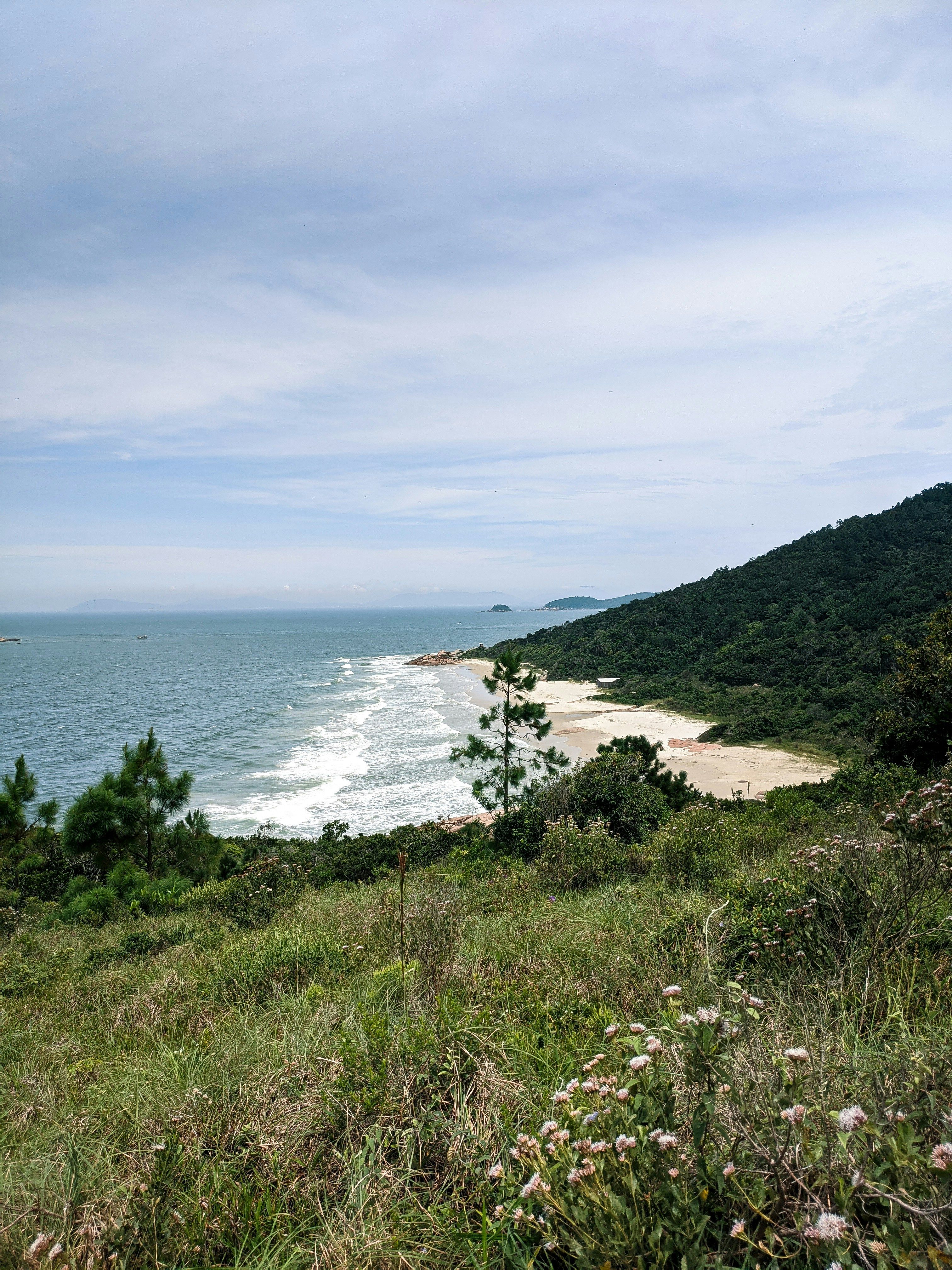Confidentiality Directive Issued by ICC Judges for Arrest Warrant Requests in Gaza Investigations
The International Criminal Court (ICC) has been keeping hush about any future applications for arrest warrants regarding their investigations into the Palestine situation, including alleged crimes in Gaza, according to the judges' latest instructions to Prosecutor Karim Khan. This move comes after concerns that the prosecutor's earlier public comments about ongoing investigations and potential warrants, particularly those concerning Israeli officials, might've skewed the judicial process.
Remember, back in 2024, the ICC slapped arrest warrants on Israel's prime minister, Benjamin Netanyahu, and former defense minister, Yoav Gallant, on suspicion of war crimes and crimes against humanity during the Gaza conflict. The court has hinted at considering more warrants for other Israeli officials, although no names have been revealed as of yet.
The question looms about which Western nations will embrace these ICC warrants. With Hungary pulling out from the global governing body during Netanyahu's visit earlier this month, it seems the response is varied and political.
Meanwhile, the residents of Gaza could see vital community kitchens shut down due to a lack of resources. These kitchens provide essential, free meals, making their continued operation crucial.
A deeper dive:
- The ICC warrants issued against Netanyahu and Gallant involve allegations of war crimes such as starvation as a means of warfare and crimes against humanity like murder, persecution, and other inhumane acts[4]. The ICC is not done yet; they may still issue warrants against other senior IDF officers involved in the Gaza war[4].
- Several Western nations are ICC members, including France and the United Kingdom, who are legally obligated to arrest Netanyahu and Gallant if they set foot on their territories. However, the willingness of these nations to enforce the warrants hinges on political considerations[4].
- Controversy swirls around the ICC's decision to issue these warrants, with questions about the timing and motivations behind them. Allegations of sexual misconduct against ICC Chief Prosecutor Karim Khan have sparked concerns about potential conflicts of interest, with some suggesting the warrants were used to divert attention from these allegations[2][3]. Despite these controversies, the ICC has not indicated any plans to reverse the warrants. The situation remains under global scrutiny[4].
- The International Criminal Court (ICC) has given instructions to Prosecutor Karim Khan to refrain from making public comments about future potential arrest warrants, particularly for Israeli officials, over concerns that it might influence the judicial process.
- In 2024, the ICC issued arrest warrants for Israeli Prime Minister Benjamin Netanyahu and former defense minister Yoav Gallant over allegations of war crimes and crimes against humanity during the Gaza conflict.
- The ICC has hinted at the possibility of issuing more warrants for other Israeli officials involved in the Gaza conflict, but no names have been revealed as of yet.
- The ICC's allegations against Netanyahu and Gallant involve charges such as starvation as a means of warfare, murder, persecution, and other inhumane acts.
- Several ICC member countries, including France and the United Kingdom, are legally obligated to arrest Netanyahu and Gallant if they enter their territories but the willingness to enforce the warrants is politically motivated.
- The ICC's decision to issue warrants has been met with controversy, with allegations of sexual misconduct against ICC Chief Prosecutor Karim Khan and questions about the timing and motivations behind the decision.
- The residents of Gaza could face the shutdown of vital community kitchens due to a lack of resources, a move that would deprive them of essential, free meals.
- The political landscape of Western nations, particularly their responses to the ICC warrants, is varied and influenced by politics.
- The situation remains under global scrutiny with news outlets reporting on the ICC's decisions, political responses, and the ongoing Gaza conflict.
- The Palestine issue, including alleged crimes in Gaza, remains under investigation by the ICC judges.
- Unofficial statements suggest that the ICC may be officially withdrawing their policy and legislation concerning the investigation and potential warrants against Israeli officials in the near future, although this has not been officially confirmed.







